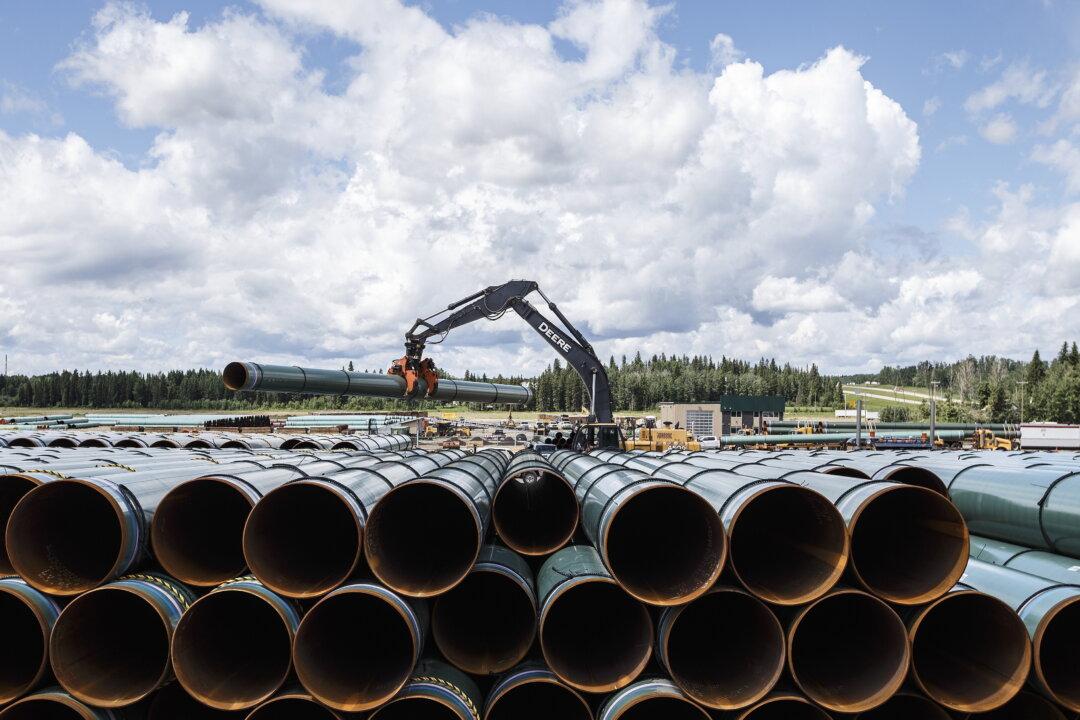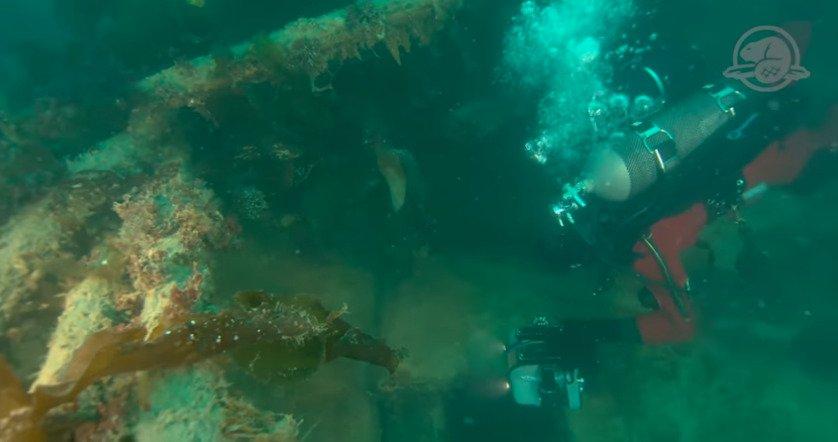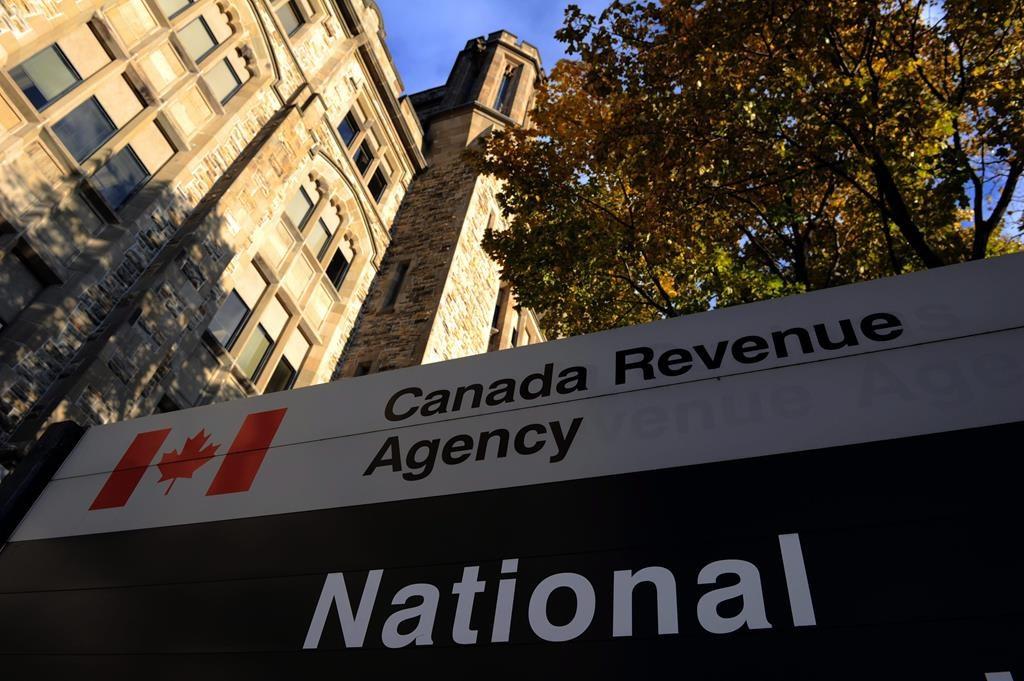Trans Mountain Corp. is planning to restart construction on its pipeline expansion project within the month with an aim to finish by 2022, the company said in a statement issued Wednesday.
Following a break in the construction process due to regulatory delays in 2018, work on the pipeline will continue in the areas of Westridge Marine Terminal, Kinder Morgan’s Burnaby Terminal, as well as several communities in Alberta. Trans Mountain estimates the project will employ over 4,200 people by the end of the year.




